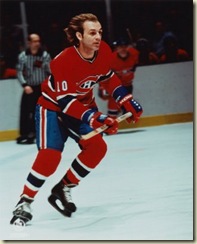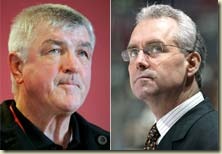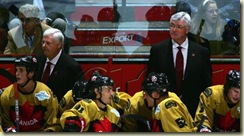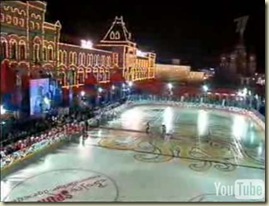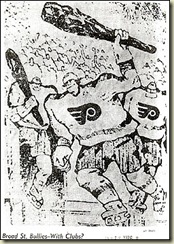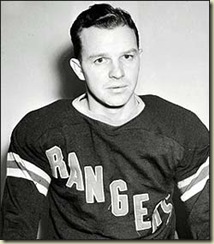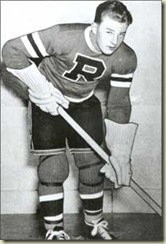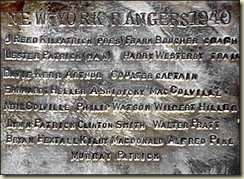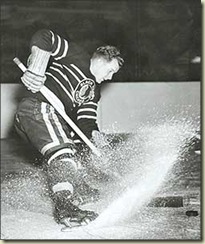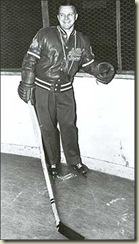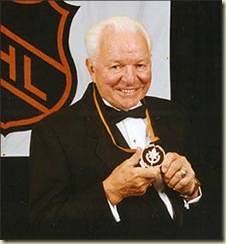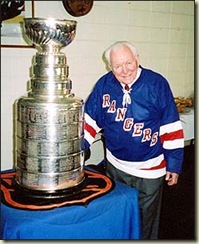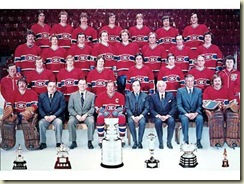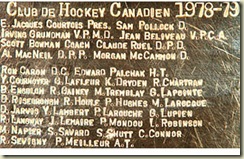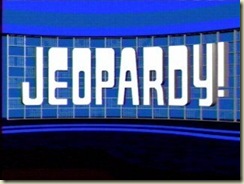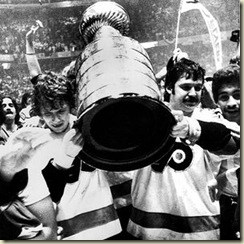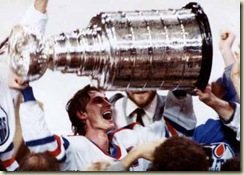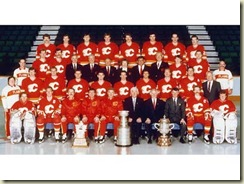
It was a rematch from three years prior.
The Calgary Flames would square off again with the Montreal Canadiens for the Stanley Cup, looking to avenge their defeat in 1986.
It would be a meeting of the regular season’s No. 1 teams from the Campbell and Prince of Wales conferences.
Montreal, led by rookie coach Pat Burns, had lost just three games in the three playoff series they had been in leading up to the final.
Terry Crisp, in his second season as coach, and his team would battle Vancouver to seven games in the first round.
Flames fans will vividly recall Mike Vernon’s glove save, off Stan Smyl, in overtime of game seven leading to Joel Otto’s winning goal.
They would then crush Wayne Gretzky and the Los Angeles Kings in a sweep, and take Chicago in five to get to the Cup final.
The series would be a defensive battles and goaltending from Vernon and Montreal’s Patrick Roy.
The two adversaries would split the first two games in Calgary, with the Flames winning game one 3-2 and Montreal taking the second game 4-2.
Moving to the hallowed Montreal Forum, Ryan Walter would score for the Canadiens at 18:08 of the second overtime giving them a 4-3 game three win before the Flames won game four, 4-2.
The series returned to the Saddledome with the home team winning the fifth game 3-2.
The Flames were up three games to two going back to Montreal.
In the first period, Colin Patterson capitalized on a shot that had deflected off the Canadiens’ Chris Chelios, and snapped the puck past a surprised Roy at 18:51 of the first period.
Claude Lemieux responded for Montreal, at 1:23 of the second period, when his blast from just inside the blue line handcuffed Vernon and trickled over the goal line.
The Flames co-captain, Lanny MacDonald, scored his only goal of the playoffs in the second period at 4:24.
Coming in hard on a four man rush, after serving a penalty, the veteran took a pass from Joe Nieuwendyk to beat Roy on the glove side.
Despite each allowing a soft goal, both goaltenders played at the All-Star level into the third period.
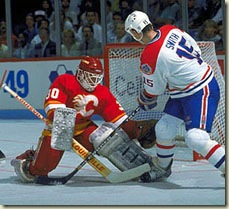
The turning point came for Calgary in the third period, when Russ Courtnall took a boarding after he ran Vernon over behind the net.
The Montreal bench felt that Vernon was clearly away from his crease, and was an open target.
On the power-play, Doug Gilmour cashed his own rebound, that Roy had difficulty handling, at 11:02
Pat Burns was seen clapping his hands after the goal sarcastically in response to referee Denis Morel’s call on Courtnall.
Rick Green would respond for Montreal at 11:53 on a screen shot that clearly showed Lemieux interfere with Vernon.
An interesting event occurs at the 15:51 mark of the period.
With the Canadiens still trailing andon the attack, the Flame’s Al MacInnis scoops the puck with his glove and stops the play in the Calgary end.
Being on the opposite side, referee Morel can’t see what occurred so no delay of game penalty is called.
MacInnis carries his “trophy” to the Flames bench, during the stoppage in play, and flips it to a trainer.
Gilmour would score an empty net goal with just over a minute to play, and the Flames had won their first ever Stanley Cup.
What makes it equally significant is that, in their history, the Canadiens had never lost a Cup clinching game at home.
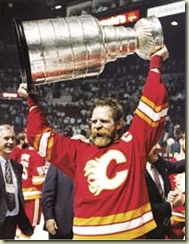
Montreal fans gave a standing ovation for the Flames and remained in their seats to watch as the visiting team paraded the Stanley Cup around the Forum ice.
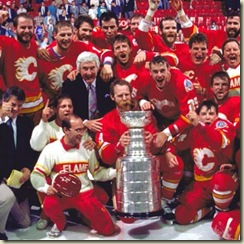
Though he didn’t score in the final game, MacInnis had five goals (two game winners) with his booming slapshot in the series.

His 31 points in the playoffs, including a 17-game point streak, would earn him the Conn Smythe Trophy as playoff MVP.
MacInnis became the first defenceman to lead the playoffs in scoring.
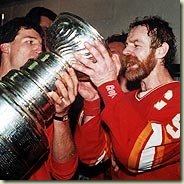 For Lanny MacDonald, it was an exclamation point on a Hall of Fame career.
For Lanny MacDonald, it was an exclamation point on a Hall of Fame career.
Having capped his regular season career with an even 500 career goals and 1006 points, his final goal in the NHL would be on a Stanley Cup winner.
"I scored my first goal ever in the National Hockey League in the Montreal Forum. And I scored my last goal in my final game, again, in the Montreal Forum. I was part of the on-ice lineup for that winning game and we were the only team other than the Canadiens ever to win the Stanley Cup on Forum ice. All those things added up to me thinking, 'Boy, it's a sign! It's time I was outta here.' What a great way to go!
"To come back and eventually win the Cup playing for a team close to your hometown (Hanna, Alberta), wow! It doesn't get much better than that,"
This Stanley Cup final would also mark the last time that two Canadian teams have faced off.
The complete game can be viewed here.
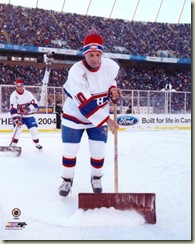 Lafleur during the 2003 Heritage Classic
Lafleur during the 2003 Heritage Classic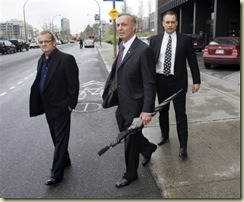 Lafleur, his son and lawyer after his conviction of obstruction of justice – May ‘09
Lafleur, his son and lawyer after his conviction of obstruction of justice – May ‘09